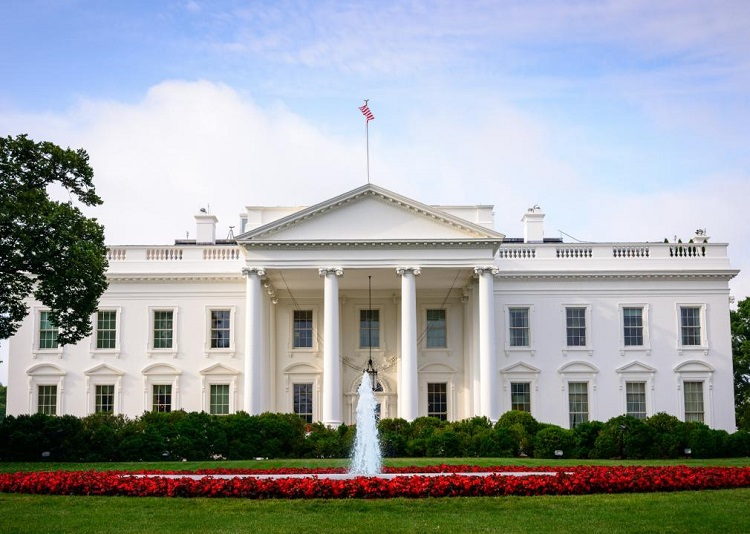There have been some fights over crypto amendments going on and the White House has chosen aside. On Wednesday, Sens. Ron Wyden, D-Ore., Pat Toomey, R-Pa., and Cynthia Lummis, R-Wyo.
Introduced an amendment that drills down on the definition of a “broker,” explicitly excluding validators, hardware and software makers as well as protocol developers. It would be a win for the crypto caucus, should it pass.
In the other camp sits Sens. Rob Portman, R-Ohio – who drafted the original tax provision – along with Mark Warner, D-Va. and Kyrsten Sinema, D-Ariz. They submitted their own rival amendment on Thursday.

No one was expecting President Joe Biden to get involved on this somehow and then support Portman.
Read Also:
- Cryptocurrency Prices Today January 15
- Bitcoin Drops Below 40 Thousand Dollars
- Bitcoin millionaires are moving to Puerto Rico
“The Administration is pleased with the progress that has yielded a compromise sponsored by Senators Warner, Portman, and Sinema to advance the bipartisan infrastructure package and clarify the measure to reduce tax evasion in the cryptocurrency market,” wrote Bates.
“The Administration believes this provision will strengthen tax compliance in this emerging area of finance and ensure that high-income taxpayers are contributing what they owe under the law.
We are grateful to Chairman Wyden for his leadership in pushing the Senate to address this issue, however, we believe that the alternative amendment put forward by Senators Warner, Portman, and Sinema strikes the right balance and makes an important step forward in promoting tax compliance.”
“At the eleventh hour, Sen. Warner has filed an amendment that is anti-technology and anti-innovation – and would be disastrous for the U.S. crypto ecosystem,” wrote Smith.
“Removing protections for software developers – what Senator Warner’s amendment aims to do and that is defined in the Wyden-Lummis-Toomey amendment – is a negative catalyst that will force crypto development and innovation out of the U.S. to friendlier, pro-technology jurisdictions,” continued Smith.
“We NEED you,” tweeted Lummis. “Pls call your Senators. Pls tweet. Pls email. We are facing major headwinds on the Wyden-Lummis-Toomey amendment.
Read Also:
- A Major Upgrade to Bitcoin is Happening Soon
- Cryptocurrencies Falls Down After China’s Latest Crackdown
- Bitcoin and Ethercoin Prices Drop Sharply, Falling More Than 10%
Burying financial innovation in red tape & sending devs + miners on info collection wild goose chases for info they don’t know is horrible policy.”
The Senate plans to vote Saturday on the bipartisan infrastructure bill.